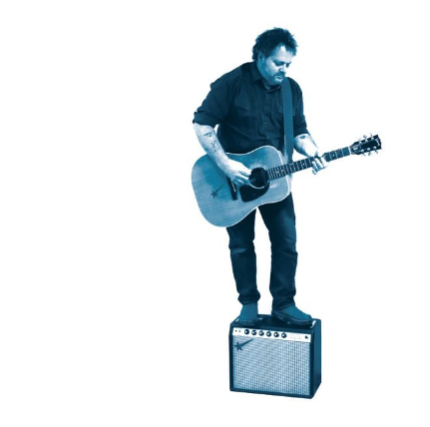
Shawn Phillips
Dubbed "the best kept secret in the music business" by the late rock musician Bill Graham, Shawn Phillips' music is as wide as his more-than-4-octave vocal range. Praised for his unusual musical style and full use of the English language, Phillips defies all conventions of popular music. He has composed some of the most intense and thought-provoking music in the business, yet has achieved only a small, but devoted following, and yet, remains devoted to composing, no matter how few hear his wonderful music. Shawn Phillips was born 3 February 1943 in Fort Worth, Texas, the son of spy novelist/poet James Atlee Phillips.
His first introduction to music was sitting under the piano while his mother played "Malaguena". He first picked up the guitar at the age of 7. He and his family traveled all around the world living in many varied places, such as Tahiti, and Shawn absorbed the music of wherever he was. He moved back to Texas in his teens, briefly joined the Navy at the age of 16, moved back to Texas and then to California in the early 1960s, immersing himself in the folk music scene. Looking for a change, he moved to England where he recorded two albums for Columbia's Lansdowne Series, "I'm A Loner" (1965) and "Shawn" (1966). While in England Shawn met folk musician Donovan Leitch, and played guitar on Donovan's 1965 Pye album "Fairy Tale", which included the Shawn Phillips composition "Little Tin Soldier". Later he got into trouble with the media when he claimed to have co-written many of the songs on Donovan's 1966 album "Sunshine Superman".
He gave his free time as an Emergency Medical Technician, Marine Firefighter Rescuer (a rescue scuba diver) and firefighter in Houston, and in 2001, received the First Responder of the Year Award in 2001 from Pedernales Emergency Services, who gave Phillips his training. His wife, Juliette Phillips, is also a firefighter and an Emergency Care Attendant with Shawn. About his limited success, Phillips remains modest, and has no regrets. He continues to compose and remains the epitome of a major record company's worst nightmare, refusing to compromise himself under any situation. As of 2009, Shawn lives in Port Elizabeth, South Africa with his wife and their son Liam. He remains an inspiration to those searching for something deeper and more meaningful in the world of "popular music."

"I was born in Fort Worth, Texas with a silver spoon. The war was rollin,' and the deaths were tollin' and Crosby crooned. The year was '43, I started learnin' how to be and I was on my way" Shawn Phillips, American Child from Transcendence
Shawn Phillips is one of most fascinating and enigmatic musicians to comeout of the early '70s singer-songwriter boom. The mere fact that he was a musician as much as a singer and songwriter made him stand out, and helped him attract a dedicated following. His refusal to shape his music -- which crosses between folk-rock, jazz, progressive, pop, and classical -- to anyone else's expectations has allowed him to hold onto a large and dedicated cult following, without ever achieving the stardom that his talent seems to merit.
